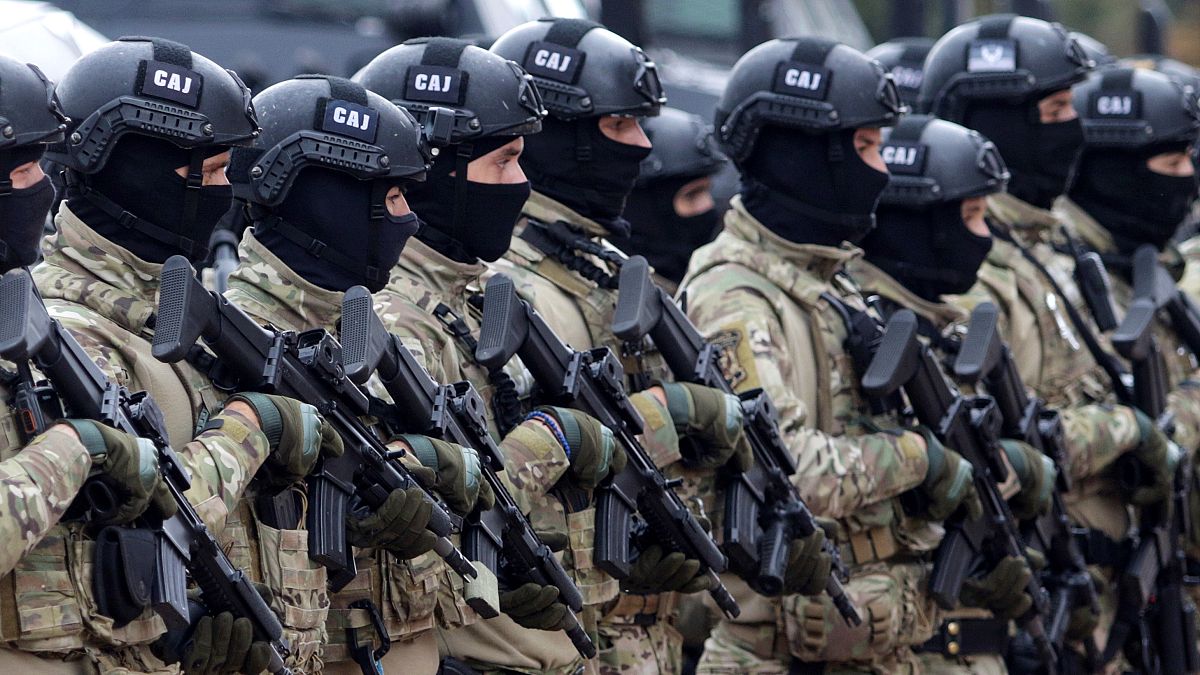MEPs have warned the current situation in Bosnia and Herzegovina could reignite a civil war in the country.
MEPs have warned the current situation in Bosnia and Herzegovina could reignite conflict in the country.
The warnings came amid a European Parliament debate over plans by Milorad Dodik — the current Bosnian Serb member of the threeway state-level presidency of Bosnia and Herzegovina — to separate his region from the state.
Serbs have for years been advocating the separation of their administrative unit, or the entity of Republika Srpska, from the rest of the country.
The Bosnian Serb top political leader upped the ante in recent days, announcing plans to create the entity’s own army, tax authority, and judiciary by the end of November.
"This gives a very wrong signal and could lead again to conflict and ethnic violence," said lawmaker Andrey Kovatchev, a member of the European People's Party group.
Kovatchev's comments were echoed by those of Pedro Marques from the Progressive Alliance of Socialists and Democrats group.
"Twenty-five years after the civil war, in which over 100,000 people lost their lives, Bosnia and Herzegovina is on the brink of collapse yet again," he warned. "This could mark a return to the violence of the 90s."
He called on the European Union to impose sanctions, if necessary, to preserve Bosnia's territorial integrity.
Valdis Dombrovskis, Executive Vice President of the European Commission, said the situation was a matter of concern.
"We are committed to support the country's leaders in taking steps to de-escalate, resume dialogue and address the substance of issues that are fuelling tensions," Dombrovskis said.
"All political parties should return to state institutions and make sure they function smoothly," he added.
More than 100,000 people were killed during the 1992-1995 Bosnian war, sparked by the breakup of the former Yugoslavia.
A peace agreement in 1995 divided Bosnia into two administrative units or entities — the Serb-majority Republika Srpska and the Bosniak-Croat Federation.
The two regions have some autonomy, with umbrella state-level institutions including the presidency, the parliament and its council of ministers, the army, the top judiciary and the tax administration.
Dodik has warned that if the West tries to intervene with his plans, he would call his foreign "friends" for help, with some claiming he has the tacit support of Russia and Serbia.
In the meantime, EU enlargement commissioner Olivér Várhelyi warned Bosnian leaders that if existing tensions continue to jeopardize the functioning of the country's institutions, Bosnia might stand to lose significant investments coming from the bloc.
The country is expected to make progress on the Commission's set of 14 priorities that need to be addressed in order to be considered for the candidate country status, gaining full access to a number of EU programmes and funds.
"We're still waiting for certain decisions to be made," Várhelyi said at a press conference on Wednesday in Bosnia's capital Sarajevo after his meeting with the country's presidency.
"Otherwise there is a risk that infrastructure investments will be a missed opportunity. We are talking about almost 1.5 billion euros."
